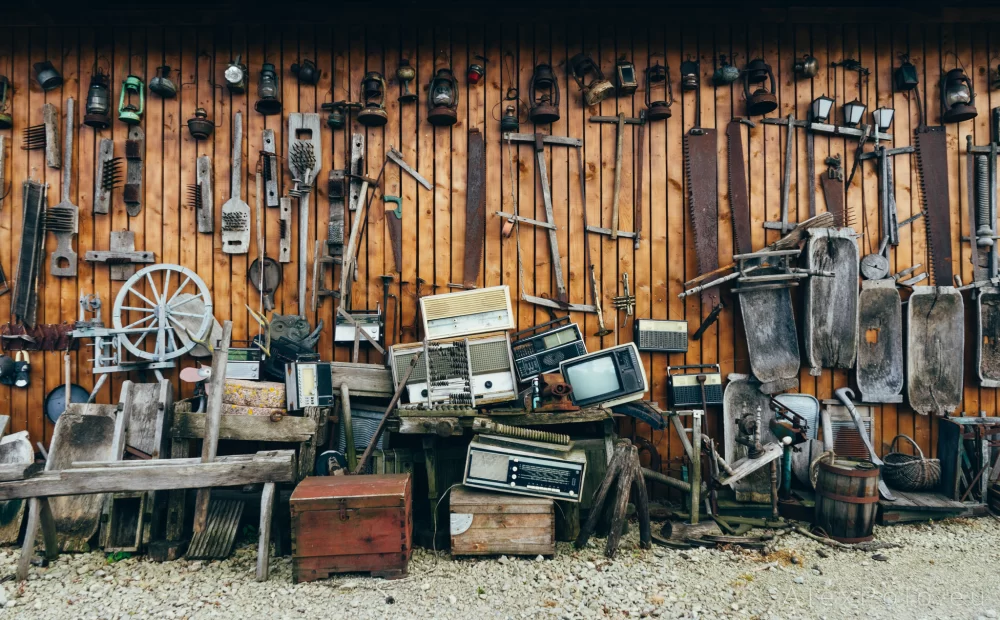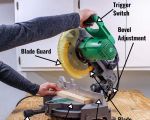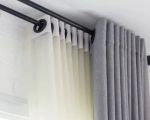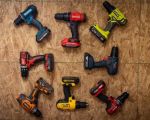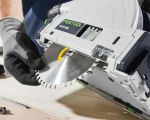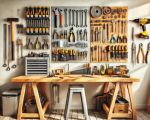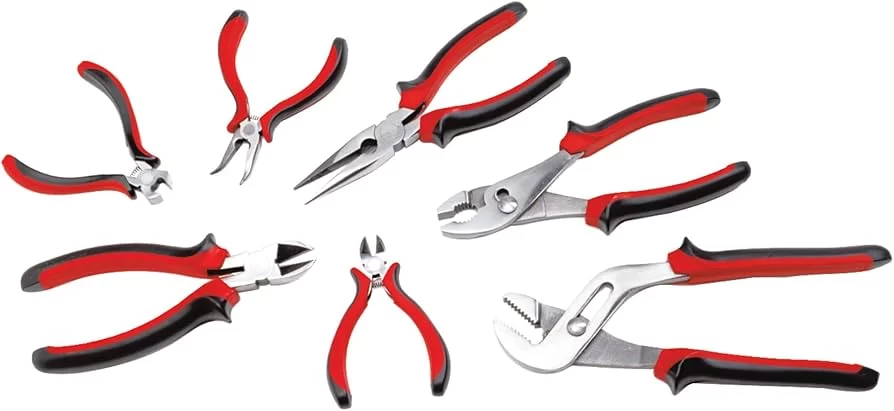
- Importance of Quality Pliers for Electrical Work
- Top Picks for Electricians
- How to Choose the Right Pliers for Electrical Work
- Common Mistakes to Avoid When Using Electrical Pliers
- Maintenance and Care of Electrical Pliers
Importance of Quality Pliers for Electrical Work
When working in the electrical field, using the right tools is crucial for both safety and efficiency. One tool that often gets overlooked, but is vital for performing high-quality electrical work, is a good set of pliers. The best pliers for electrical work not only make the job easier but also reduce the risk of mistakes that can lead to hazardous situations. Poor-quality pliers can result in poor cuts, stripped wires, and even cause injury due to slippage. Therefore, selecting high-quality pliers ensures that professionals and DIY enthusiasts can work confidently and safely.
Top Picks for Electricians
When it comes to choosing the best electrical pliers, there are several options to consider depending on the specific task. Here are a few top-rated electrical pliers that are widely recommended by professionals:
1. Klein Tools 8-Inch Needle Nose Pliers
The Klein Tools 8-inch Needle Nose Pliers are designed for precision and excellent control, making them ideal for tasks like bending, twisting, and cutting wire in tight spaces. These pliers feature a long, tapered nose, which allows for precise manipulation of small components. With comfortable grips and durable construction, Klein Tools is often the go-to choice for electricians around the world.
2. Channellock 338 8-Inch Lineman’s Pliers
For tasks that involve heavier wire cutting and gripping, the Channellock 338 Lineman’s Pliers are an excellent choice. These pliers feature high-carbon steel construction and a secure, ergonomic grip, making them suitable for both professional electricians and DIY projects. Known for their durability, Channellock pliers can withstand significant pressure without losing effectiveness.
3. Milwaukee 6-Inch Long Nose Pliers
If you’re looking for versatility in a compact form, the Milwaukee 6-inch Long Nose Pliers offer a great solution. These pliers are perfect for precision work and come with a cushioned grip for added comfort during extended use. Their design ensures better maneuverability, especially in tight or hard-to-reach spaces.
How to Choose the Right Pliers for Electrical Work
Choosing the right set of pliers depends on the type of electrical work you’re doing and the specific features you need. Here are some factors to consider when selecting pliers for electrical tasks:
1. Type of Pliers
There are several types of pliers designed for electrical work, including needle nose, lineman’s, and wire-cutting pliers. Needle nose pliers are ideal for intricate work and reaching into small spaces, while lineman’s pliers are best for gripping, bending, and cutting thicker wires. Wire-cutting pliers are specifically designed to cleanly cut electrical wires without fraying the ends.
2. Grip Comfort
Comfort is important when selecting pliers, especially if you’re working for long hours. Look for pliers with ergonomic handles and rubberized grips. This feature helps reduce hand fatigue and improves overall control when working with electrical systems.
3. Durability and Material
Electrical work can be demanding on tools, so durability is a key factor in choosing pliers. High-quality materials, such as carbon steel or chrome vanadium steel, ensure your pliers can handle heavy-duty tasks without wearing down quickly.
Common Mistakes to Avoid When Using Electrical Pliers
Even with the best tools, it’s possible to make mistakes that can compromise the safety and quality of your electrical work. Here are some common errors to avoid:
1. Using the Wrong Type of Pliers
Each type of pliers is designed for specific tasks, and using the wrong type can lead to damage or inaccurate results. For instance, using needle nose pliers for heavy wire cutting can damage the tool and create unsafe conditions.
2. Overusing Pliers for Non-Electrical Tasks
Electrical pliers are designed specifically for electrical work. Using them for general tasks such as prying open paint cans or working with materials that don’t involve electrical components can damage the tool’s functionality.
3. Improper Handling of Live Wires
When using electrical pliers, always ensure you’re handling live wires with care. Never use pliers that are damaged or worn out, as this increases the risk of electrical shock. Always check the condition of your tools before each use.
Maintenance and Care of Electrical Pliers
To ensure the longevity of your electrical pliers and maintain their performance, regular maintenance is essential. Here are some tips on how to care for your pliers:
1. Clean After Each Use
After using your pliers, clean them thoroughly to remove any dirt, grease, or debris. This helps prevent the buildup of grime, which can damage the tool over time.
2. Lubricate the Joints
To keep your pliers operating smoothly, apply a small amount of lubricant to the pivot points. This ensures the tool operates efficiently and reduces the risk of rust or corrosion.
3. Store Properly
Always store your pliers in a dry, safe place to prevent them from being damaged or rusting. A tool box with a padded interior is ideal for keeping them in good condition.

